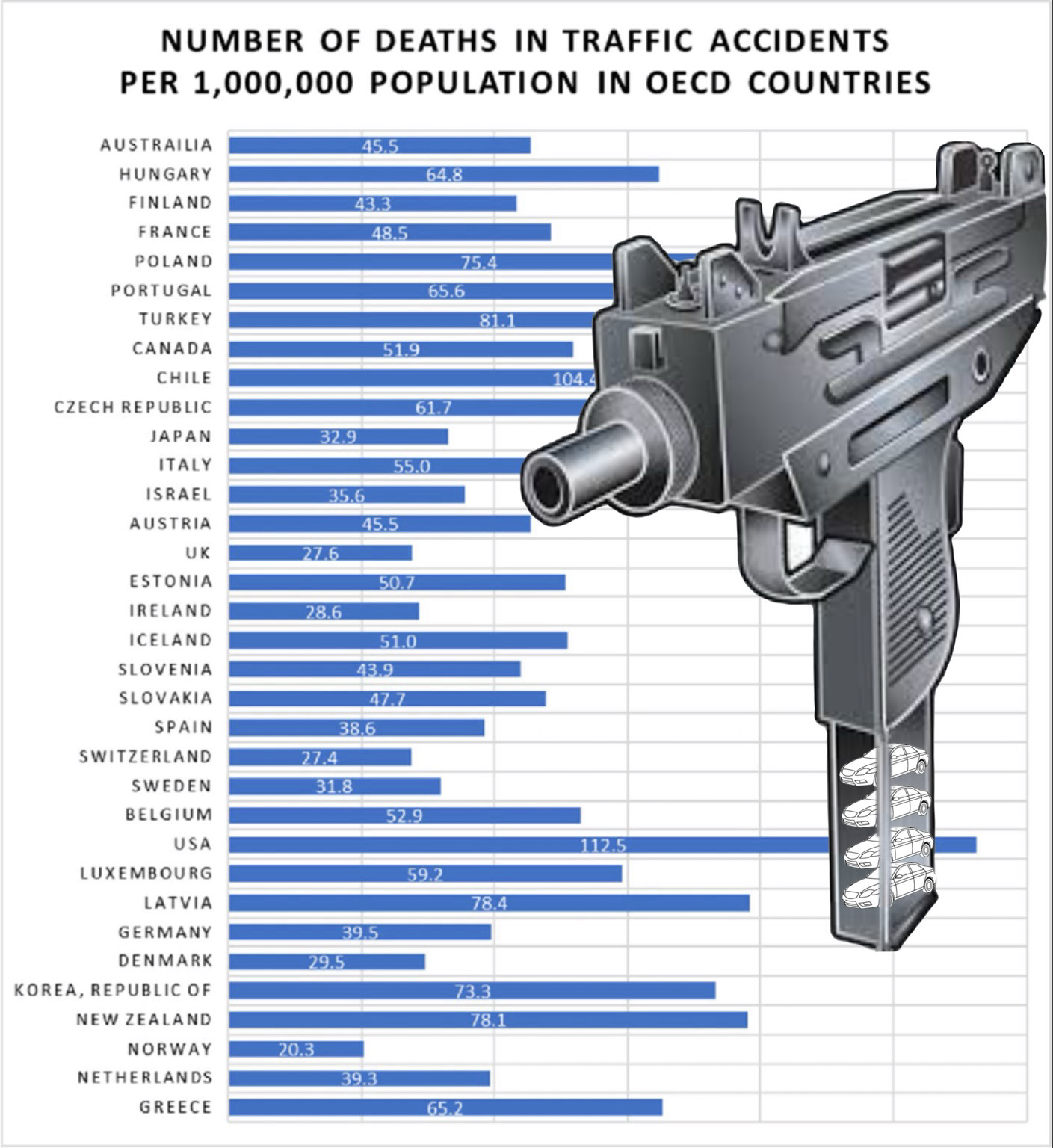Unraveling the Illusion: Marriage as a Modern-Day Matrix - Lemmy.ca
cross-posted from: https://lemmy.ca/post/42948306
[https://lemmy.ca/post/42948306] > Marriage, often romanticized as a sacred
union, can be viewed through a critical lens as a construct of the societal
matrix that entraps individuals in a cycle of responsibility and obligation.
This institution creates an illusion of maturity and stability, leading
individuals to believe that they are fulfilling their roles as responsible
members of society. However, this perceived responsibility often translates into
a relentless pursuit of productivity, where individuals labor tirelessly to
support a system that benefits the few at the expense of the many. In this
sense, marriage can be seen as a mechanism that perpetuates a cycle of
servitude, binding individuals to a life of work and sacrifice. > > The family
unit, often seen as a source of love and support, can also serve as a breeding
ground for conformity to societal expectations. Within this framework,
individuals are encouraged to procreate, further entrenching the cycle of
servitude. Children, from a young age, are indoctrinated into the values of hard
work and obedience, trained to become compliant members of a system that demands
their labor. This conditioning begins as early as three years old and continues
into young adulthood, shaping their identities around the notion of being
productive rather than empowered. As a result, many individuals grow up unaware
of the true nature of their existence, believing that their purpose is to serve
the matrix rather than to challenge or transcend it. > > Moreover, societal
pressures to marry and conform to traditional family structures can lead to
significant emotional and psychological distress for those who resist.
Individuals who choose to remain single or pursue alternative lifestyles often
face ostracism and judgment, reinforcing the idea that deviation from the norm
is unacceptable. This societal enforcement creates a ripple effect, where one
person’s entrapment in marriage leads to the coercion of others into similar
bonds, perpetuating the cycle of compliance and servitude. In this way, marriage
and family become instruments of social control, producing a generation of
individuals who, often unknowingly, contribute to the perpetuation of a system
designed to keep them subservient. > > Ultimately, the institution of marriage,
while often celebrated, warrants a critical examination. It is essential to
recognize the ways in which it can function as a trap, binding individuals to a
life of obligation and servitude. By questioning these societal norms and
exploring alternative ways of living and relating to one another, individuals
can begin to break free from the constraints of the matrix, reclaiming their
autonomy and redefining their purpose beyond mere productivity. In doing so, we
can foster a society that values individual freedom and self-determination over
blind adherence to tradition.







